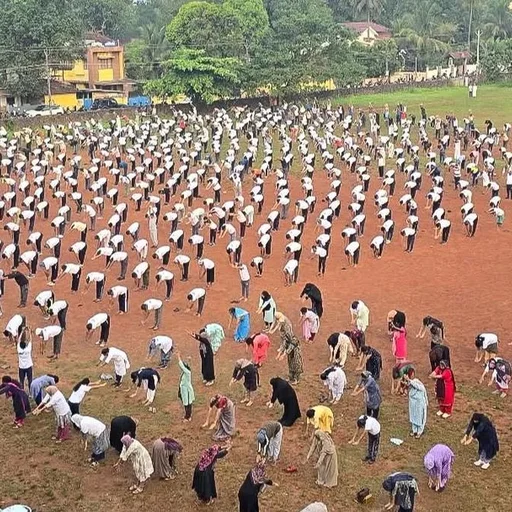M.V. Govindan, the Kerala state secretary of the Communist Party of India (Marxist), has publicly disagreed with Kanthapuram A.P. Aboobacker Musliyar’s stance on men and women exercising together. Govindan described Musliyar’s views as “archaic” during a recent press conference. This comment highlights a disagreement between those who hold traditional beliefs and those who support modern social norms. The discussion began after Musliyar shared his opinions, which sparked significant debate.
Govindan stressed that Musliyar’s perspective is outdated and does not reflect the values of today’s society. He explained that men and women participating in physical activities together should be seen as normal and beneficial. Furthermore, Govindan argued that the present time calls for more forward-thinking ideas on gender roles. As he directly stated, these older views “are not suitable for our times,” emphasizing the core of the ongoing discussion.
Moreover, Govindan placed his statements within a larger conversation about social justice and gender equality. He emphasized that everyone should have equal opportunities, regardless of gender. This reflects a broader progressive perspective that seeks to eliminate discrimination in all areas of life. It is a view that stands in opposition to more traditional interpretations.
On the other hand, Kanthapuram A.P. Aboobacker Musliyar, a well-known religious leader, expressed views based on religious interpretations. These views created controversy, prompting reactions from many parts of the community. Musliyar’s stance strongly opposes the views of many who advocate for gender equality. This conflict exposes a key issue in Indian society, the tension between traditional religious practices and modern concepts of equality.
This particular disagreement underscores the importance of ongoing discussions about social norms and evolving perspectives. As society progresses, there will likely be more discussions between traditionalists and modernists. Therefore, finding common ground and promoting open conversations remains vital for a harmonious society.
